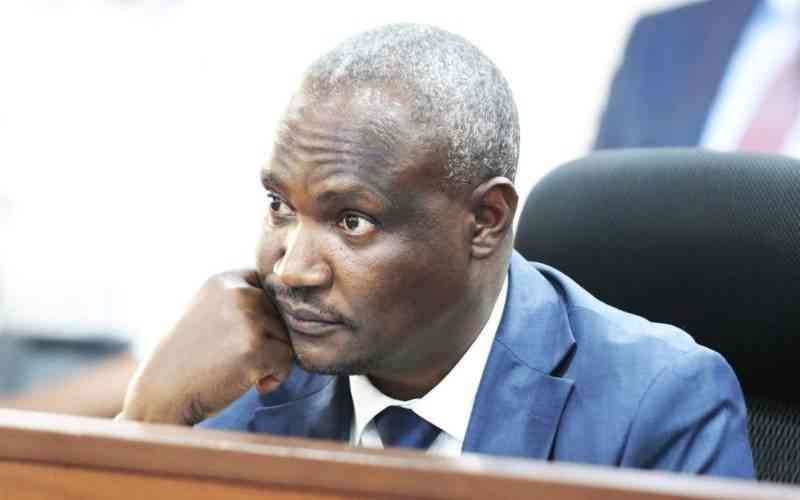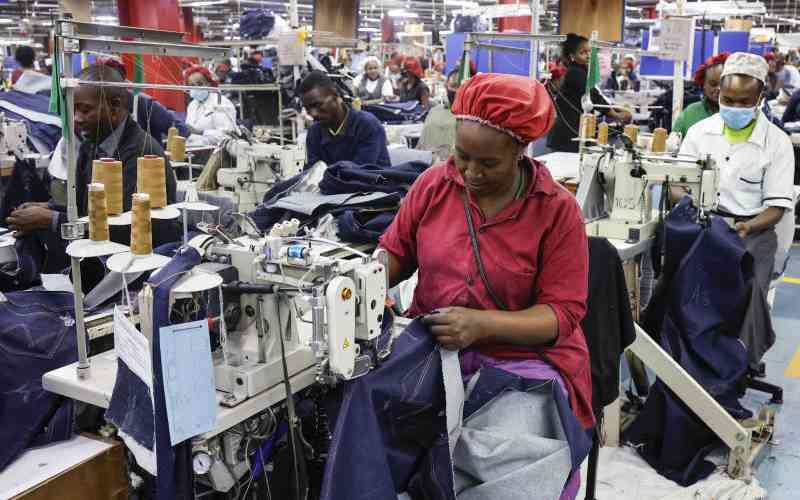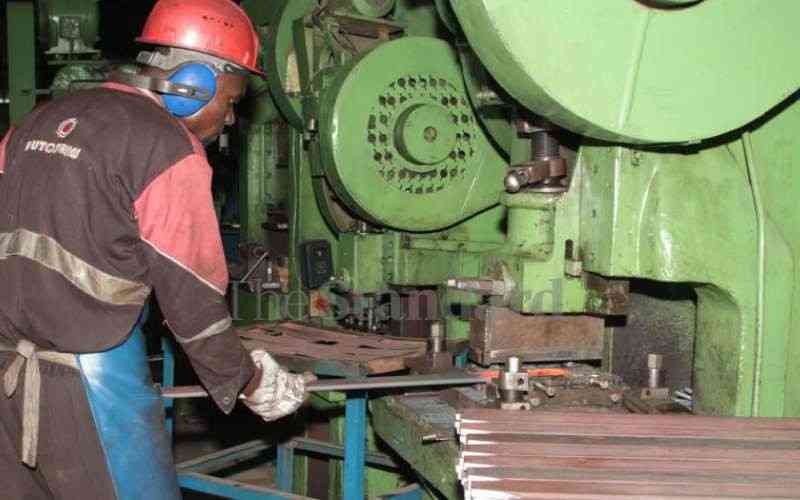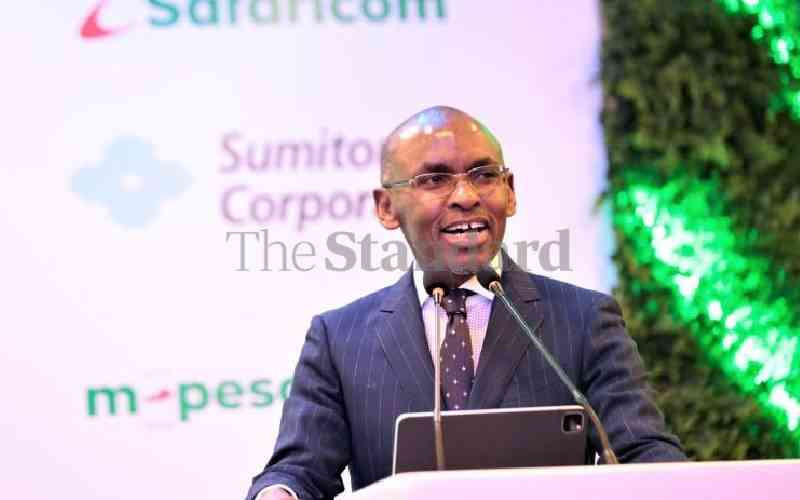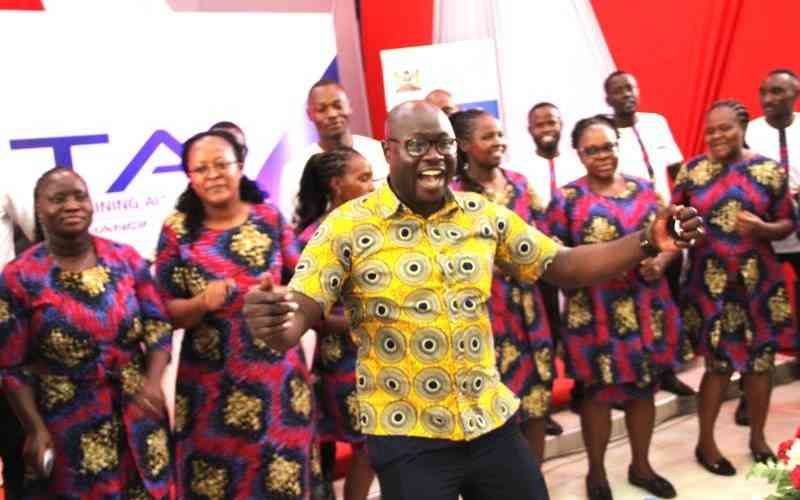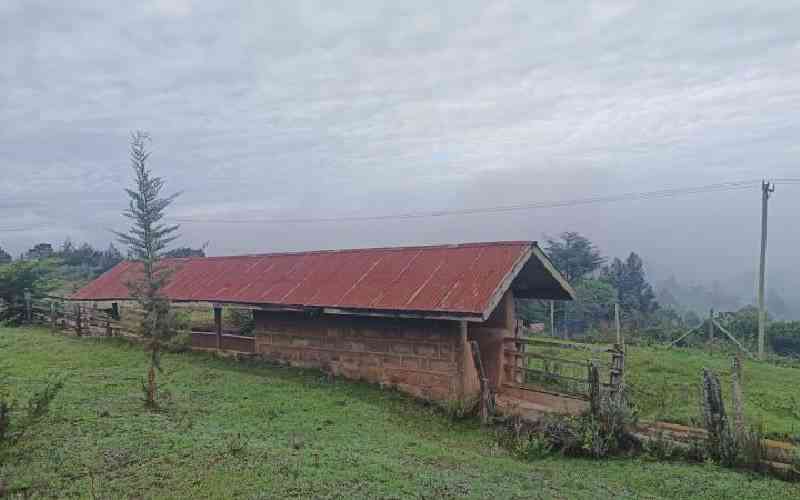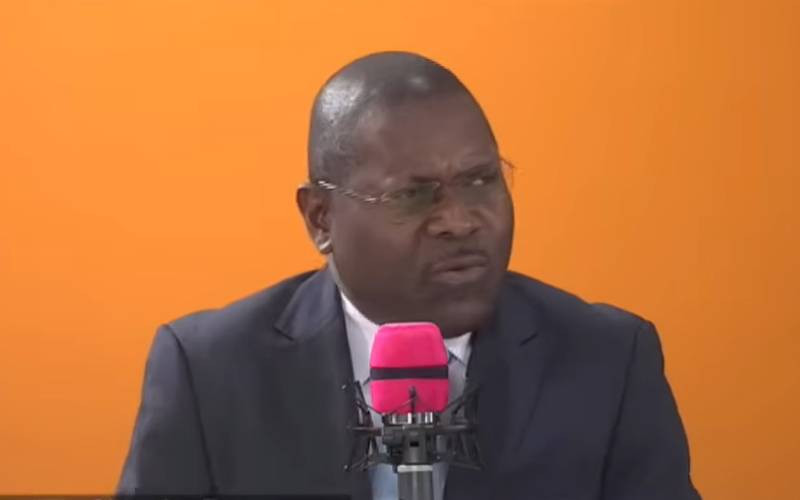
Kenya Universities Staff Union (KUSU) Secretary-General Charles Mukhwaya has accused public university vice chancellors of poor governance and a lack of transparency,
blaming them for the prolonged stalemate in negotiating and implementing workers’ Collective Bargaining Agreements (CBAs).
Mukhwaya said vice chancellors have failed in their duty to accurately represent institutional needs before the Ministry of Education and the Salaries and Remuneration
Commission (SRC).
“These institutions’ vice chancellors are not telling the government the truth. When appointed to run an institution on behalf of the government, you must be clear about what
resources are required. But many of them fail to include CBA money in their budgetary estimates,” said Mukhwaya.
He added that most industrial disputes and delayed salary adjustments stem from vice chancellors’ failure to provide accurate financial information and timely budget submissions.
“There is a clear lack of goodwill from those responsible. For years, employees in public universities have resorted to industrial action, disrupting academic programs. It has
become a continuous cycle,” he said.
Leadership wrangles
His remarks come amid leadership challenges in major universities, including Kenyatta University, Moi University and the University of Nairobi, all of which have faced governance
crises in recent years.
The wrangles have at times forced the Education Cabinet Secretary, Julius Ogamba, and Parliament’s Education Committee, chaired by Tinderet MP Julius Melly, to intervene.
Mukhwaya also criticised what he described as timid and reactive leadership among current university heads. “Leadership is lacking in our institutions because the previous vice
Stay informed. Subscribe to our newsletter
chancellors we had would talk and confront issues head-on. Today, many are afraid to speak the truth because they want to retain and renew their terms in office.”
He noted that this reluctance has contributed to chronic delays in CBA negotiations.
“When we negotiated the 2021–2025 CBA, we did it in 2024. It was supposed to begin in 2021,” he said. “This then becomes a challenge for Parliament to approve because we
negotiate too late. We should already be working on the 2025–2029 CBA, but we haven’t even started.”
The KUSU Sec-Gen urged the government to ensure universities plan and negotiate CBAs early to prevent frequent strikes that disrupt academic calendars.
“The only way out of this cycle of industrial action is to negotiate early and ensure the agreed amounts are included in budgets so Parliament can appropriate funds,” he said.
Mukhwaya also acknowledged that the current government has made some effort to address staff grievances.
“This government has tried. We signed our 2021–2025 CBA late last year and are in the middle of implementation. We agreed to start the next CBA negotiations in February, but
this has not happened. Arrears from previous years continue to delay the process.”
He warned that further delays would harm students and damage the reputation of Kenya’s higher education sector. “A country that does not value education cannot attract
investors or collaborators. Strikes disrupt learning, delay graduations, and affect parents who have to pay extra costs,” he said.
